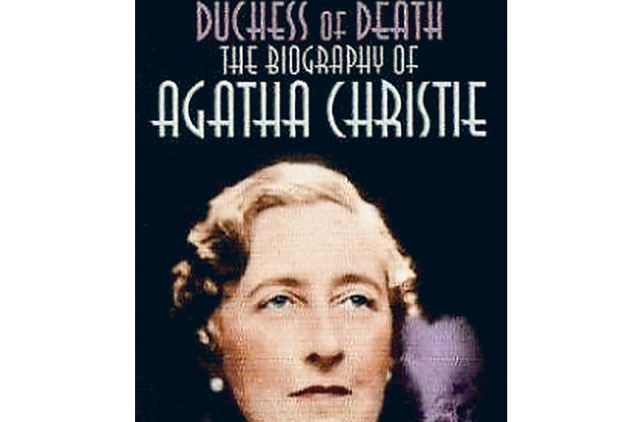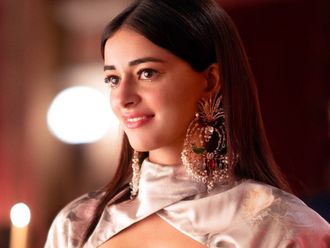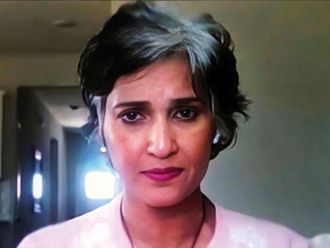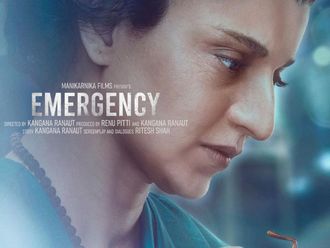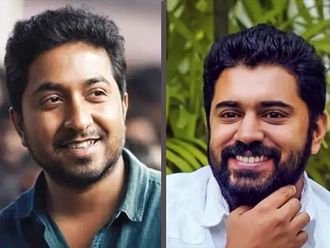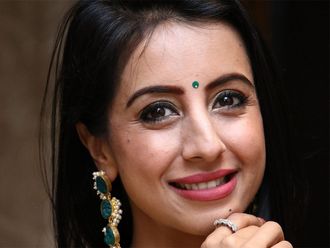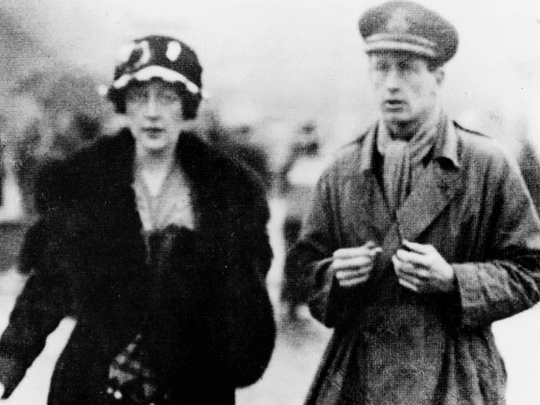
There is a literary critic in America, Dale Peck, whose reviews are so eminently brutal and precise that his surname has become synonymous with a savaging. After reading Duchess of Death, Richard Hack's biography of Agatha Christie, I can't help but wonder whether his name might also become a byword for a particular kind of book: an unauthorised, speculative muddle of fact and fantasy, spiced with a pinch of salacious misrepresentation. A hack job, say. It might catch on.
This is a tremendously bad book. It manages to be both dull and unpleasant; to describe in exhaustive detail almost everything Agatha Christie ever did without coming close to revealing her as a person or a writer.
Part of the problem is that though Hack dutifully lists every one of her 95 books, often describing their cover, cast list, sales figures, reviews and contractual wrangles, he never stops to describe one in any detail.
Exciting thing
A typical analysis concerns Crooked House, which apparently has "an involved plot with an unexpected denouement". Who would have thought it?
The most outwardly exciting thing that ever happened in Christie's long life was that she once staged her own disappearance. Her husband Archie, a former fighter pilot, had announced he was in love with another woman and wanted a divorce; in response, Christie ran away to Harrogate and pretended to be a South African holidaymaker called Teresa Neele — the name of her rival. This is a fairly intriguing scenario and it is canny of Hack to use it as his opening chapter.
But his workman-like account of the police search and media fuss is undermined by the grotesquely intrusive way he animates Christie's behaviour. "Agatha squinted her eyes in real pain, or perhaps to prevent the flow of tears"; "Agatha was engulfed by her suffering, stalled like a storm front, shuffling silently through her task on slippered feet".
This habit of mixing reality and supposition reaches its zenith when Christie's second husband enters the scene. Max Mallowan was an archaeologist and the couple met on a dig in Ur. Mallowan was evidently devoted to his wife, who was 14 years his senior and who he eventually outlived.
However, Hack is determined to dish some dirt on the marriage and to this end, he pries about in Mallowan's education in a horribly insinuating passage.
Hack is also let down by his laboured prose and his persistent Americanisms. He writes of a "former sheep ranch in South Croydon"; describes a "ground turtle" in Christie's childhood garden; and is fond of such gushing inanities as "A loved one lost. The first family death. Tragedy. Remembrance" — this in reference to the death of a pet dog.
The Agatha Christie that does emerge from the wreckage seems to be a decent old bird, cheerful, adventurous, self-deprecating and a prodigiously hard worker. She often produced two books a year.
A good deal of this labour was accomplished while living in a tent in Iraq, accompanying Mallowan on his many expeditions. She loved travel, the more gruelling the better, and wrote merrily about being caught up in riots in Baghdad and swimming in an oasis in Ukhaidar in a pink silk vest and a double pair of knickers.
She despised photographers, refused interviews and generally preserved her privacy with a zeal that makes it all the more sad that this sentimental, prurient book should stand as any sort of epitaph of what was evidently a life thoroughly well lived.
Olivia Laing is the deputy books editor of the Observer.


